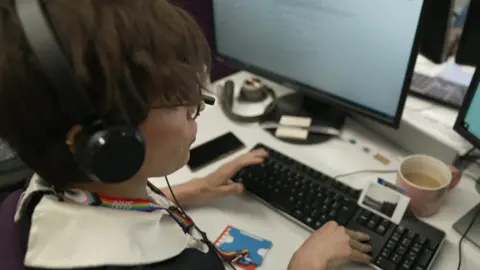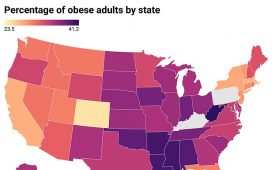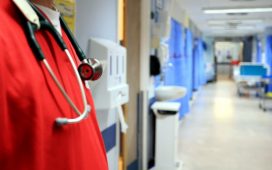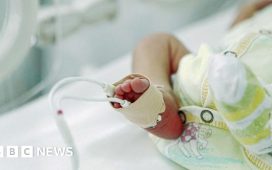 BBC
BBCPeople in crisis with mental health problems can now access services through NHS 111 in England, giving them another way to get urgent help.
This puts much of the UK ahead of other international health services, offering mental health support alongside that for physical problems.
The number connects to a local team of call handlers with mental health training, alongside nurses and clinicians who are available around the clock.
The team can organise a mental health assessment, send out a crisis team and flag up help available in the local area. A talking-therapy service is also available – people can refer themselves to it online via nhs.uk.
‘Just call 111, press 2’
A similar service exists in Wales and Scotland.
Demand for help with conditions such as depression and anxiety has been growing since the Covid pandemic.
Latest NHS figures show mental health services have treated an extra one million people a year compared with six years ago.
And the charity Mind estimates there are just under two million people on waiting lists for NHS mental health services.
The new integrated service can give patients of all ages, including children, the chance to be listened to by a trained member of staff who can help direct them to the right place, says NHS director for mental health Claire Murdoch.
“So, if you or someone you know needs urgent mental health support, please call 111, and select the mental health option.”
Gemma Morris, who runs the Single Point Access team for the Central and North West London NHS Foundation Trust, says her team has worked very hard to get experienced staff.
“I think [the service] makes a lot of sense to people who’ve tried to get help and struggled.
“We do hear that quite a lot, that people went to this person, they went to their GP, maybe they didn’t know how to ask for it, and they struggled.
“So the fact that they might just call 111, press 2, it makes it very simple.”
Her team is taking around 300-350 calls a day at the moment.
Some people are in a state of suicidal distress.
Most callers (around 90%) are adults but the helpline also has specialists from local children and adolescent mental health services.
Some callers are parents wanting advice and guidance.
‘You’re on a lot emotionally’
Chris, one of the young people’s counsellors, admits many of the conversations she has with children and young people who call are very intense.
“You’re ‘on’ a lot emotionally. People are having some of the worst days of their life,” she explains.
But although it’s draining, Chris says it is very rewarding.
“I don’t think I’d let a call finish if I didn’t think I was satisfied, that I’d done something that I thought was beneficial.”
Rethink Mental Illness chief executive Mark Winstanley said: “A mental health crisis is traumatic and disorientating, and getting help as quickly as possible is vital. The last thing people need when they or a loved-one is in crisis, is uncertainty about where to turn.
“The NHS have made it easier to access urgent support via 111, building on provision already in place through crisis lines. We welcome this important step.”
If you, or someone you know, have been affected by mental health issues, you could visit BBC Action Line to find information on organisations that can help.














